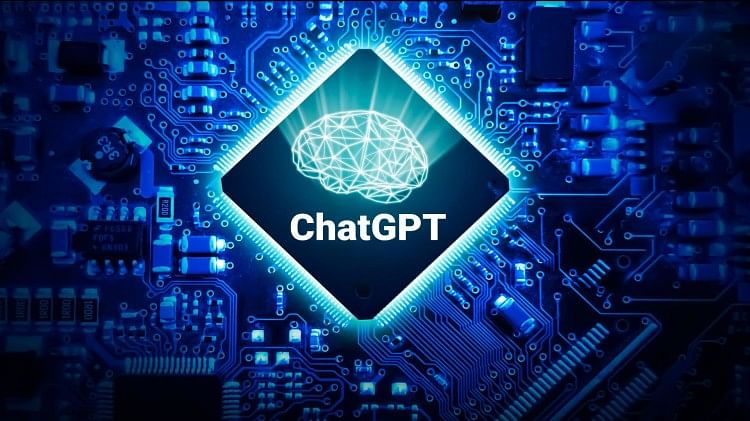As an advanced AI language model, Chat GPT is poised to be a game changer for SaaS (Software as a Service) companies. SaaS has become increasingly important in the tech industry in recent years. Businesses across various industries rely on SaaS solutions for everything from accounting to project management to customer relationship management (CRM).
Table of Contents
Top Reasons How Chat GPT is going to be a Game Changer for SaaS Businesses

With its ability to analyze vast amounts of data and generate natural-sounding responses to complex questions, Chat GPT is well-suited to help SaaS companies enhance their products and services. Here are just a few of the ways that Chat GPT is going to be a game changer for SaaS:
1. Improving Customer Service
Chat GPT’s natural language processing capabilities enable SaaS companies to offer chatbots that can handle a wide range of customer inquiries, from simple FAQs to more complex issues. This will allow for faster response times, greater efficiency and better customer experiences.
2. Enhancing Data Analysis
Chat GPT can analyze vast amounts of data, identify patterns and provide valuable insights that help SaaS companies make more informed decisions about product development, marketing strategies, and more.
3. Increasing Efficiency
Chat GPT can automate many tasks that are typically performed by humans, such as data entry, scheduling, and even customer service. This will free up employees to focus on more high-level tasks and help SaaS companies scale their operations more quickly.
4. Personalizing User Experiences
Chat GPT can generate personalized recommendations based on a user’s past behavior and preferences. This will allow SaaS companies to create more tailored experiences for their users, improving user satisfaction and retention rates.
5. Providing 24/7 Support
Chat GPT can provide 24/7 support to users, increasing customer satisfaction and reducing the workload of support teams.
6. Improving Onboarding Processes
Chat GPT can automate the onboarding process for new users, making it faster and more efficient. This will improve user experiences and reduce the workload of customer support teams.
7. Offering Language Translation
Chat GPT can translate text into multiple languages, allowing SaaS companies to expand their global customer base and offer a more inclusive user experience.
8. Improving Marketing Automation
Chat GPT can automate marketing processes such as lead generation, lead nurturing, and customer engagement. This will allow for greater efficiency, improved conversion rates, and higher revenue.
9. Enhancing Collaboration
Chat GPT can facilitate collaboration between team members by automating communication and document sharing. This will increase productivity, efficiency, and teamwork.
10. Enabling Predictive Analytics
Chat GPT can use predictive analytics to identify trends and forecast future outcomes. This will allow SaaS companies to make data-driven decisions that improve their products and services.
Conclusion
In conclusion, Chat GPT is poised to be a game changer for SaaS companies. Its ability to understand and analyze vast amounts of data, generate natural-sounding responses to complex questions, and automate many tasks that are typically performed by humans makes it an ideal tool for enhancing SaaS products and services. As SaaS continues to grow in importance, Chat GPT will likely become an increasingly important part of the industry.





